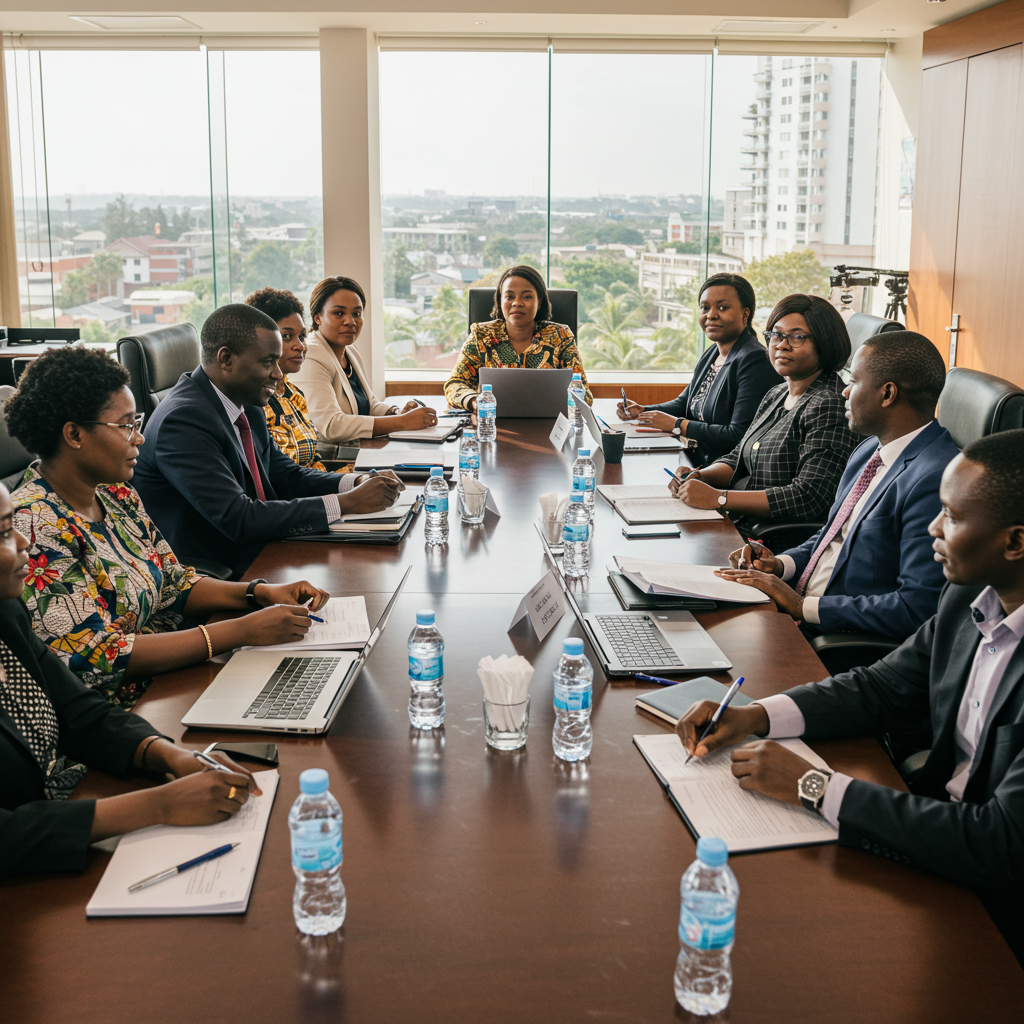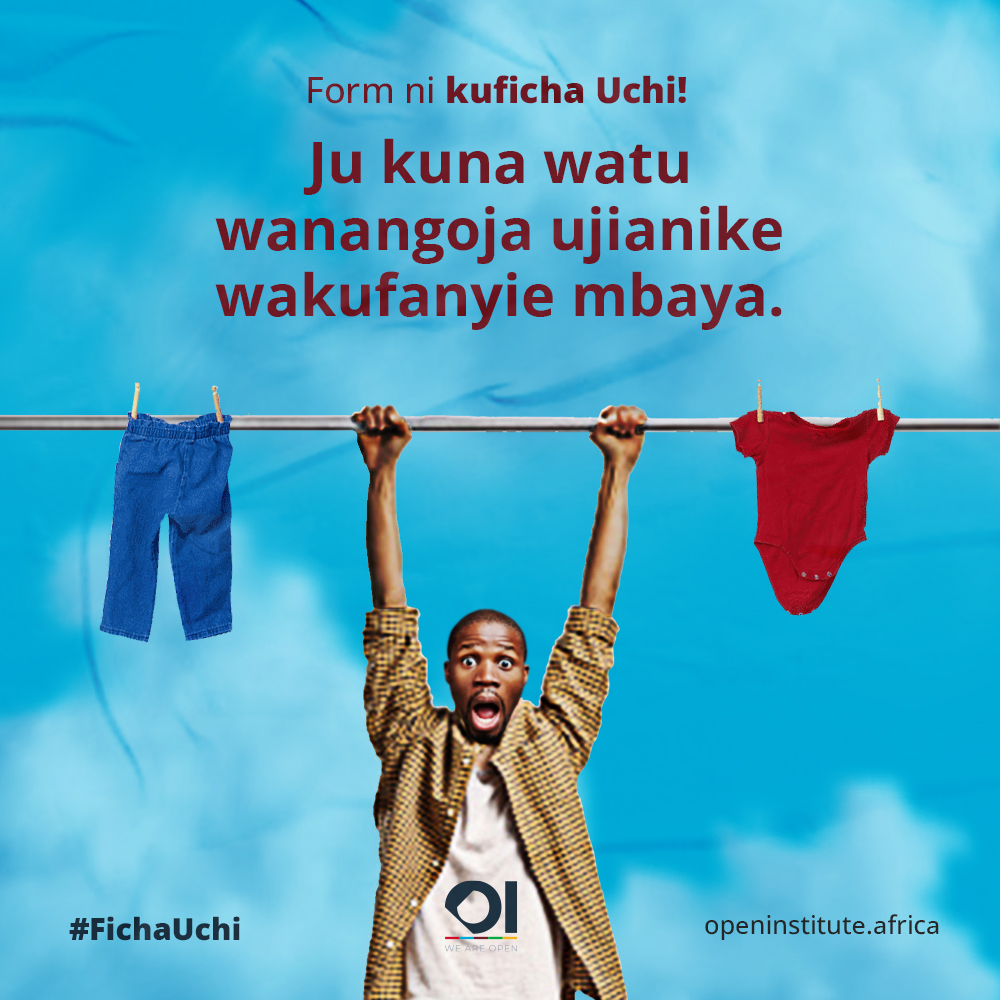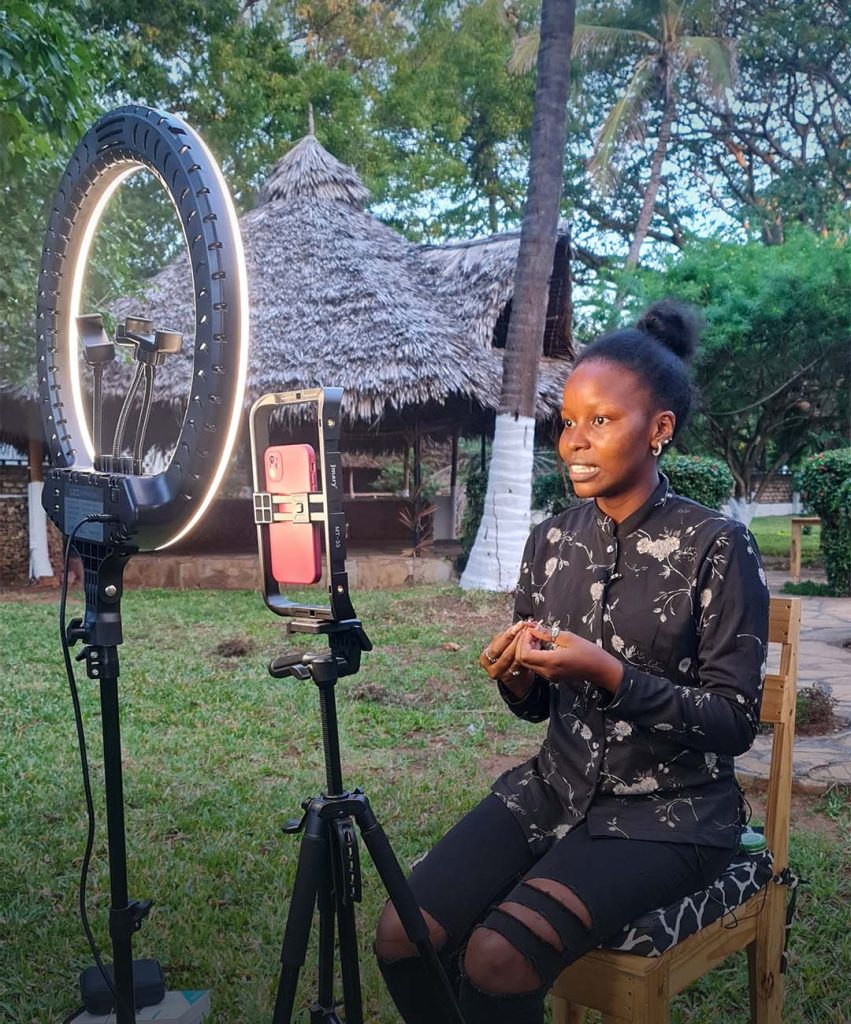There are millions of people who live in areas far removed from the realities of the modern world. Partly because of the remoteness of their locations, these people are left behind in technological, ideological and even experiential advancements happening in other places. And while global and local efforts to bring them up to speed are underway, there is still much work to be done.
In Kilifi county, for example, thousands of young people just exist. We met a 21-yr old who has lived his entire life within the area he was born, never once stepping outside to explore the great beyond (even if just the neighbouring county). He dropped out of school at class 7 because his parents could not afford to keep him there, marking the end of his interface with formal education. At about 15, the boy met a 13-yr old girl with whom he established an intimate relationship with. At 16, he had to marry her (she was now 14) because she had bore him a daughter.
This 21-yr old has never owned an identity card despite being a Kenyan. We were not surprised to learn, then, that he is not registered as a voter and that he has never voted. His lack of an ID has made sure that he does not enrol for national schemes such as the National Health Insurance Fund and National Social Security Fund. It also means that he is not able to open bank accounts, do mobile money transactions, open businesses or quite frankly, do anything legally. We are talking about a 21-yr old that has never seen an ATM machine, let alone used one! A Gen Z, just like the rest of us.
The story of this 21-yr old represents that of many more in other parts of Kenya, Africa and the world. Their lives are shaped by the limited ideas and experiences that they have. They know, vaguely, that out there somewhere, there is a better way to live, but they cannot see it close enough to desire it.
Thellesi Trust was established to try and answer these two big questions:
- How can we effectively use social marketing to contribute to opening up the world of these marginalised people to be up to speed with the world? Are there ways we can use social marketing to include these communities in modern conversations?
- How can we leverage the talents of marketers, advertisers and communications experts to give these invisible people more ideas, experiences and information so that they may make better, more informed decisions about their lives, and so that the are not left behind?
From our initial interactions various groups of young people in Kilifi, we got some initial thoughts relating to how we might use marketing and communications to begin making influencing change:-
- Stories — since the evolution of human beings, stories been the bank in which we have stored our cultures, ideas and events. We think that by giving a platform to left out communities to share how they experience life, we get deeper insights into what their issues really are — giving us more accurate, less generalised data for the creation of solutions.
We appreciate that no one can articulate the experiences of a community better than the community itself. So we started a youtube channel called Wakenya, a collection of stories by ‘invisible’ communities. In the channel, individuals talk about their lives, their relationships with each other, government, authorities and the environment. They also share their aspirations and frustrations. The goal we have is to collect as many detailed stories as possible and share them so that partners in the social and private sectors begin to get a true grasp of what the real situation on the ground is — and consequently use this information to design better, more personalised interventions for these people.
- Digital media campaigns — we ask ourselves this: why is it that corporates have figured out how to use digital media to get people to adopt their products and even change their lifestyles in a way that social organisations haven’t?
Our mission as Thellesi Trust is inspired by this question. Data shows that smartphone penetration in Kenya is 99.7%. In addition, 21.75 million Kenyans use the internet, and many of them are youths. We think that there is a great opportunity to reach young people in far areas and drive behaviour change through their phones.
- Events — We figure that one of the ways to expand the memories of people is to expose them to different ideas, knowledge, experiences, skills and current trends.
For instance, last weekend, we collaborated with the Open Institute and Baraza Media Lab to organise the first ever Malindi Content Creators Meet-up.
We called a group of young content creators from Malindi to come and meet James Smart — the head of podcasting at Nation Media Group, Youtuber and social media influencer Wabosha Maxine, Janet Machuka — a social media strategist and corporate influencer and Emmanuel Yegon, the founder of Mobile Journalism Africa (MoJo).
The meeting was a good opportunity to expose the local content creators to the ideas, knowledge and experiences of the more established content and social media gurus. It was our hope that the conversations would inspire them to broaden their scope and increase their desire to get to world class levels, just like the guests.
James Smart gave an inspiring story about how he grew up in circumstances not much unlike the hosts’. He went ahead to narrate how he took advantage of the small opportunities he got to make a different living for himself. He explained that there are opportunities that these young content creators could leverage, here in Malindi, like the power of telling their own stories using just their mobile phones. Moreover, he inspired them to be community monitors so that they could report the things that go on in their communities that may not be captured by mainstream media.
I don’t think there is anything more powerful than a person having the ability to tell their own story — James Smart, head of podcasting at Nation Media Group.
Emmanuel Yegon did a demonstration of how mobile journalism is done. He illustrated how to use a smartphone to get the best audiovisual result possible. He went further to show them how to edit the videos, listing a couple of mobile apps that they could use. The hosts learnt that they could use their mobile phones to create careers in mobile journalism by record events going on in their neighbourhoods.
Even more appealing to the hosts was the idea that there is a way to make more than $500 a month by posting content on social media. They learnt from Wabosha that it takes just a mobile phone, some content and consistency to eventually to get to where she is. Janet Machuka helped them understand which social media to use, where/when to share, and the potential they have of making decent careers out of understanding how social media works.
It is our intention to have more of such events. We are certain that there is an opportunity for these ‘invisible Content Creators’ living in this far and ‘invisible places’ to get to the levels of the top Creators in Africa. All they need, exposure and relatable inspiration. Not only will this benefit them personally (when they begin to earn from content creation) but also their communities (through, for eg, community monitoring).


